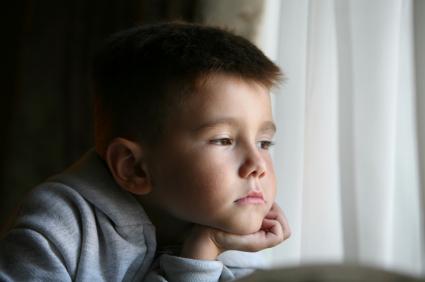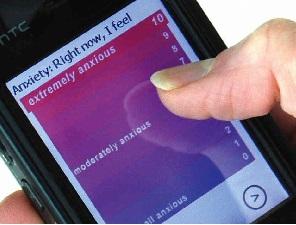ADAA Mental Health Blogs for the Public
Rates of childhood depression have been rising in the last several years. Yet, information and awareness about childhood depression has not caught on at the same rate. Millions of people across the world wonder and doubt if children can get depressed. Many well-intentioned adults still believe that children ‘can’t get depressed. They are so young- what do they have to be depressed about? When we were that age, we were just happy’. Alongside misunderstanding is stigma and the idea that mental illness is a taboo subject.
What we now know:
It was not until my son returned from his freshman year at Emory University did he reveal what happened on our flight to Atlanta. Now back home in Los Angeles, sharing college stories with his best friend Emily, Jason disclosed to us that he was so anxious about going to Emory he threw-up in the bathroom of the plane. Emily, who spent her first year at Tulane in New Orleans, candidly offered her opinion as only a best friend can do, “You’re such a barfer. Barfing is your go-to when you’re anxious.” I asked Emily, what was her go-to? “Oh I’m a crier.
The recent suicides of Kate Spade and Anthony Bourdain has placed the spot light on the growing problem of suicide. It has triggered conversations on the topic and caused many people to question why such successful and seemingly happy people who had everything going for them would take their own lives. Suicide is a heart-breaking problem that is growing and needs to be addressed in as many ways as is possible. Understanding the risk factors, knowing the warning signs and what to do about them, is a crucial step. The more the awareness the greater the impact on suicide prevention.
In a recent article, USA Today explored the growing field of apps targeted towards mental health and mental health treatments. The article claimed that millions of Americans are turning to apps to provide therapy treatments and explored the usefulness of such resources for improving mental health.
The current border crisis where children are being forcibly separated from their parents has many of us wondering about the impact of such a practice. As a child psychologist who understands the effects of trauma on a child’s mental health, cognitive and emotional development, physical health, social adjustment, interpersonal formation, and academic challenges, I am disheartened by what these innocent children have been experiencing. As a mother, I am filled with anguish when imagining the utter fear and terror of a child being pulled away from the safety of a parent or loved one.
As a clinical psychologist, I probably think about suicide more often and in different ways than most. I’ve read the research. I’ve been trained to ask the hard questions. I am all too familiar with the frustrating gaps in our knowledge base: what causes it, who is at risk, how do we prevent it? I understand the stigma and misconceptions surrounding it, and I know, firsthand, the collateral damage that stems from it.














